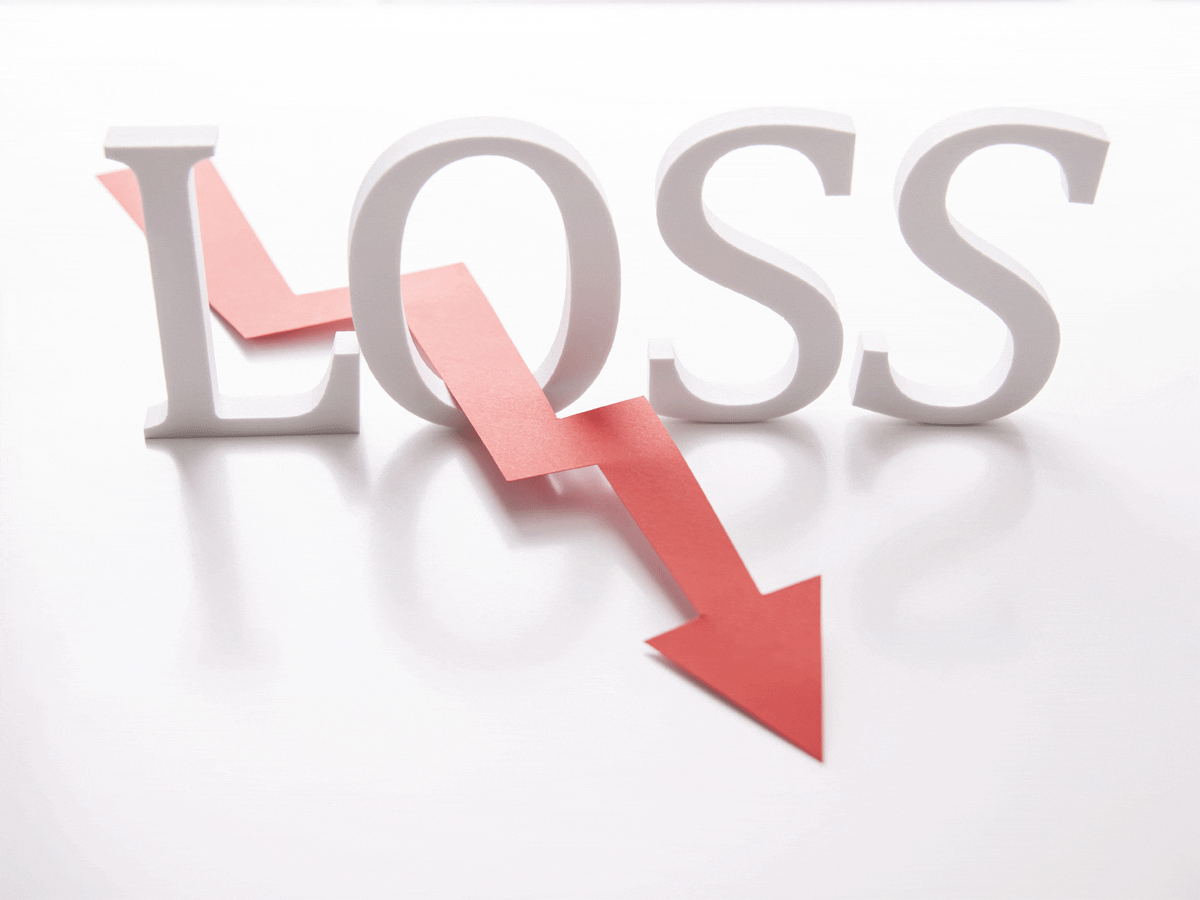If you’re still experiencing losses despite your efforts, it’s essential to take a step back and assess your trading approach.
Things you can consider to address your trading losses:
1. Review Your Trading Plan:
You need to take a close look at your trading plan and ensure it includes specific entry and exit criteria for trades, risk management strategies such as setting stop-loss orders, and guidelines for trade selection based on your trading strategy or analysis method. If your plan lacks clarity or structure, consider revising and refining it to make it more disciplined and actionable.
2. Evaluate Your Risk Management:
Assess how you manage risk in your trades. Are you setting appropriate stop-loss orders to limit potential losses? Consider defining risk-reward ratios for your trades to ensure that the potential reward justifies the risk taken. Effective risk management is crucial for preserving your trading capital and minimizing losses.
3. Analyze Your Emotions:
Reflect on your emotional responses to trading. Emotions such as fear, greed, or impulsiveness can significantly impact decision-making and lead to poor trading outcomes. Developing emotional discipline and maintaining a rational mindset during trading is essential for making informed decisions.
4. Assess Your Trade Selection:
Review your trade selection process. Are you taking trades based on a solid rationale and analysis, or are you engaging in impulsive or emotional trading? Focus on identifying high-probability trade setups based on your trading strategy, and avoid overtrading, which can lead to unnecessary losses.
5. Seek Education and Mentorship:
Consider seeking additional education and mentorship from experienced traders. Learning from others’ experiences and gaining insights into successful trading strategies can provide valuable guidance and help you refine your approach.
6. Improve Your Record-Keeping:
Enhance your record-keeping and analysis of trading performance. Keep detailed records of your trades, including entry and exit points, profits and losses, and overall performance. Analyzing your trading history can help you identify patterns, assess mistakes, and make necessary adjustments to improve your trading outcomes.
7. Consider a Break:
If you’re feeling overwhelmed or stressed due to continuous losses, consider taking a break from trading. Stepping back and regaining a clear perspective can help you reassess your approach and come back to trading with a refreshed mindset.
8. Seek Professional Help:
If you find it challenging to improve your trading performance on your own, consider seeking the assistance of a professional trading coach or advisor. Their expertise and guidance can provide personalized support in addressing your specific trading challenges.
In Summary,
Remember that trading is a continuous learning process, and it’s common for traders to face setbacks. By carefully evaluating and addressing the factors contributing to your losses, you can work towards improving your trading performance and achieving more favorable outcomes. If you have further questions or need additional clarification on any of these steps, feel free to ask for more detailed information.


